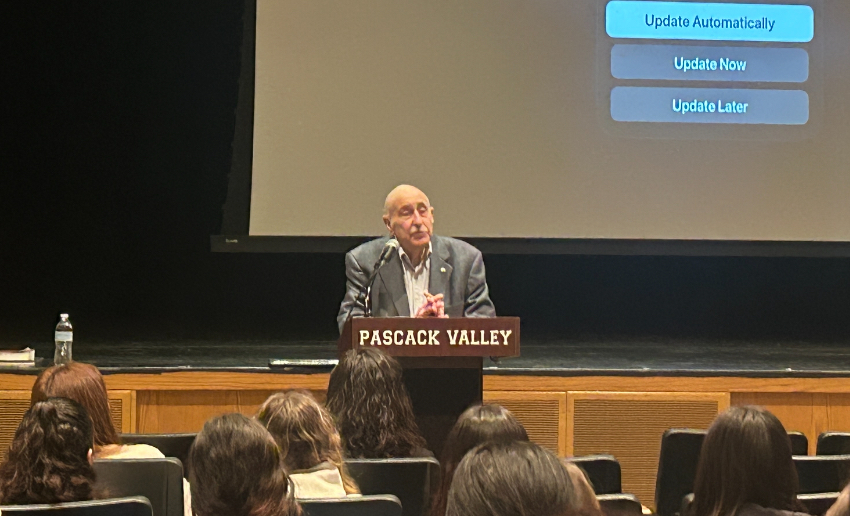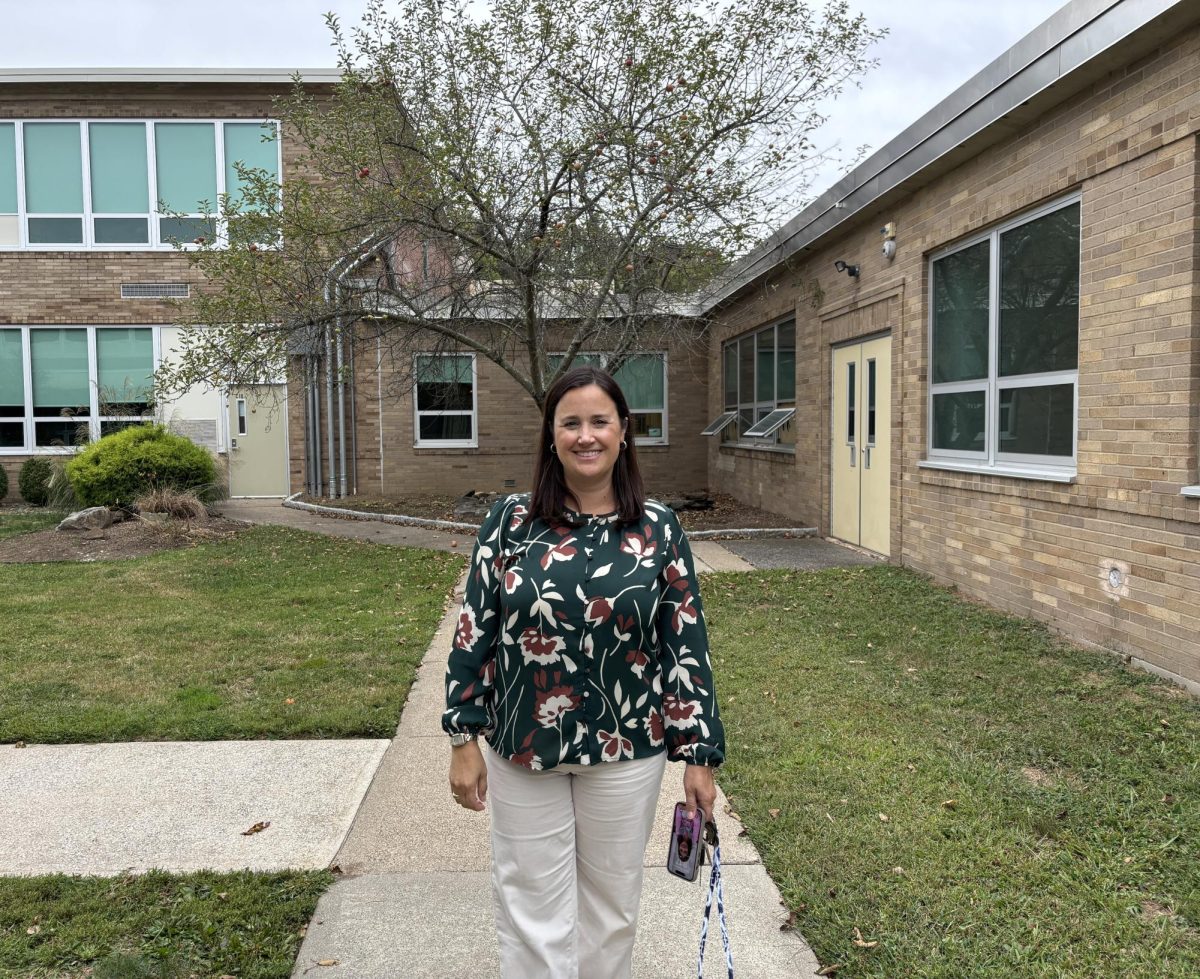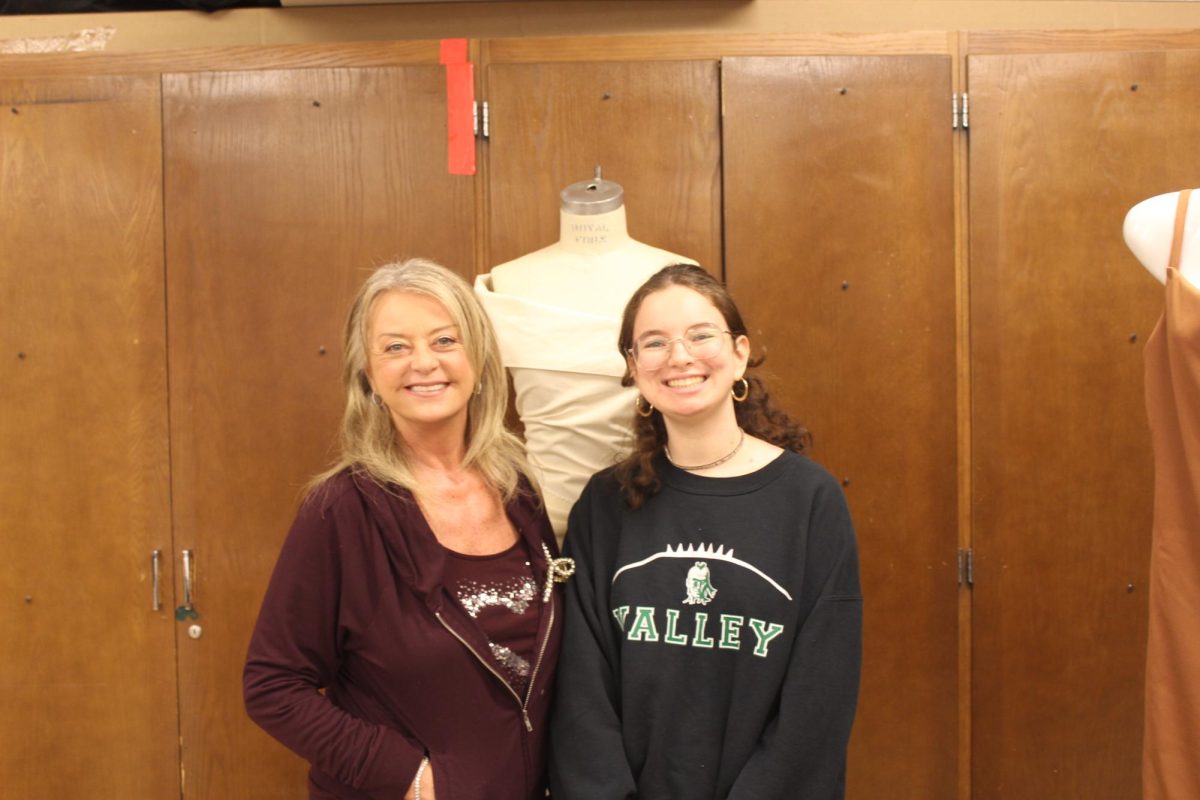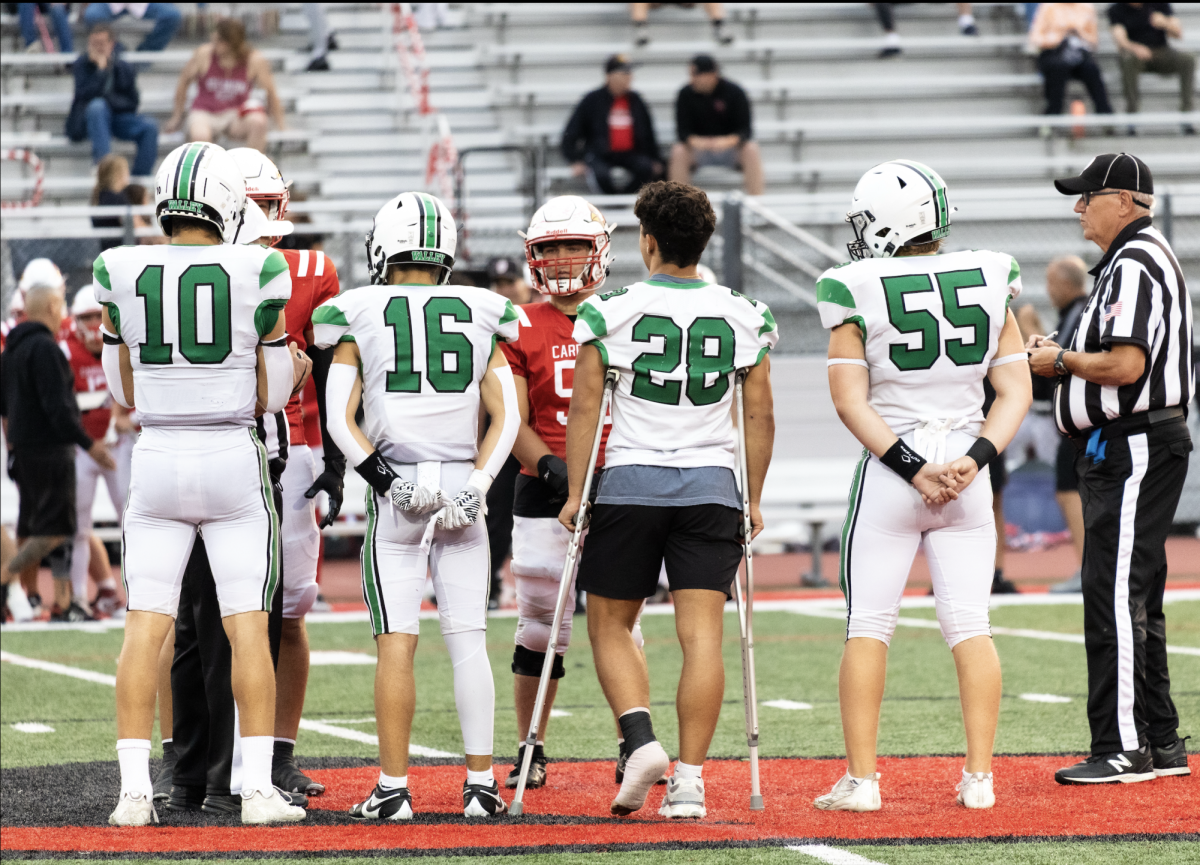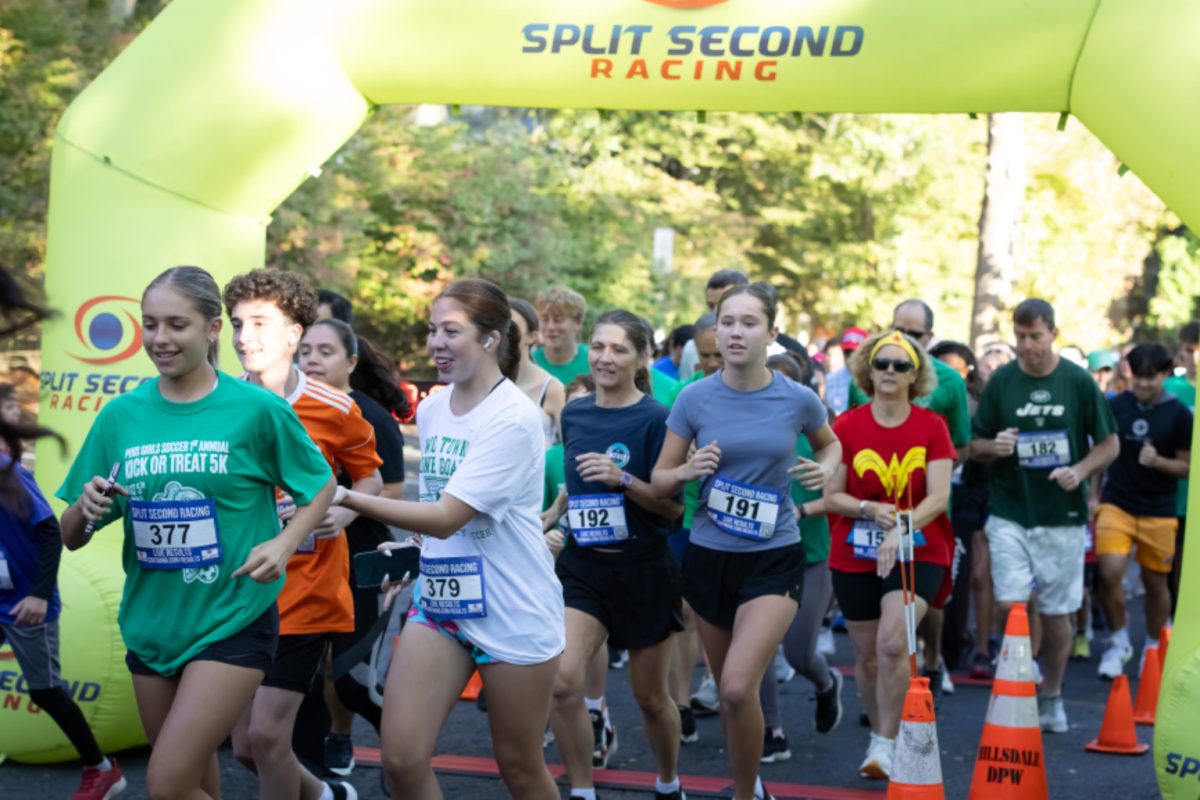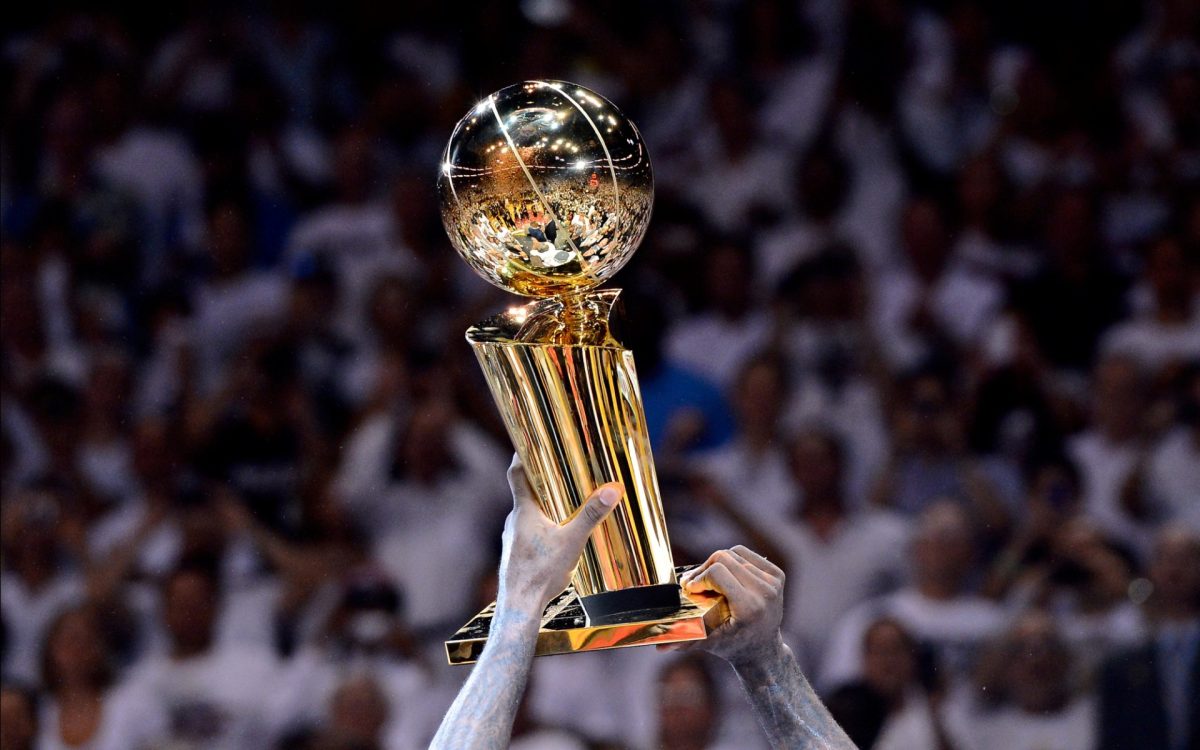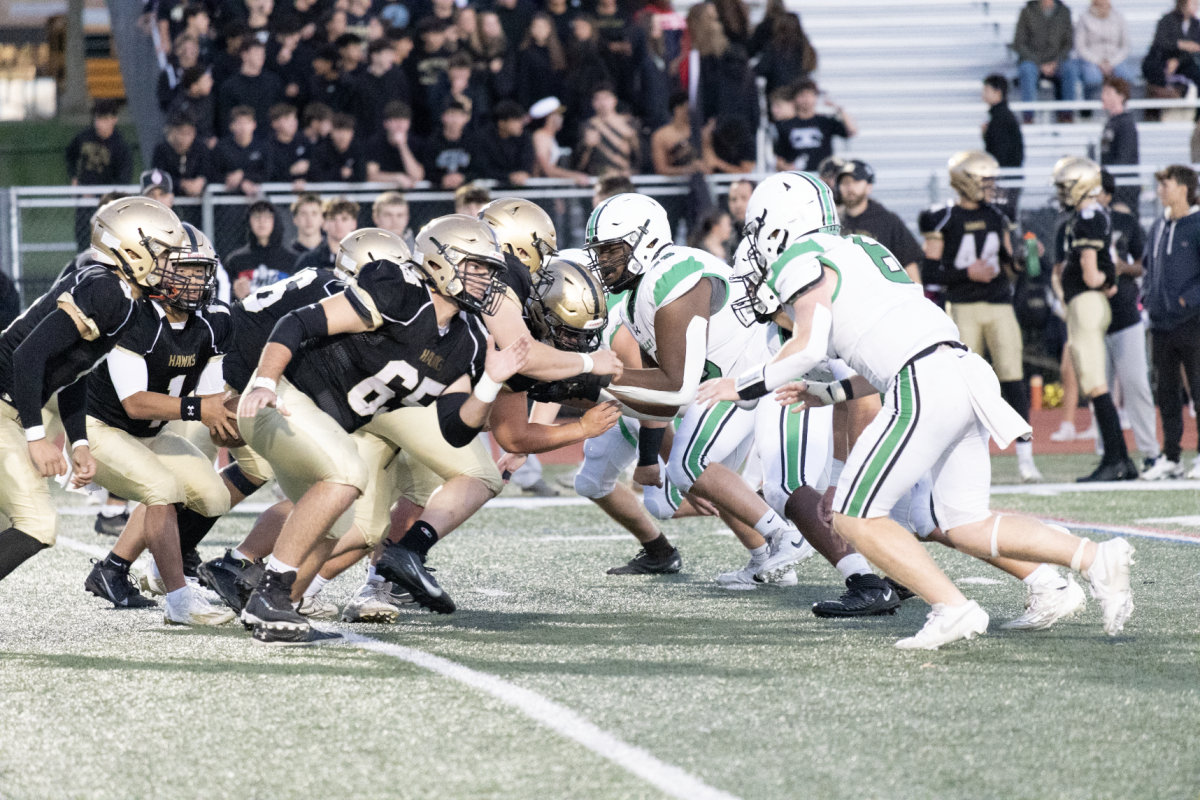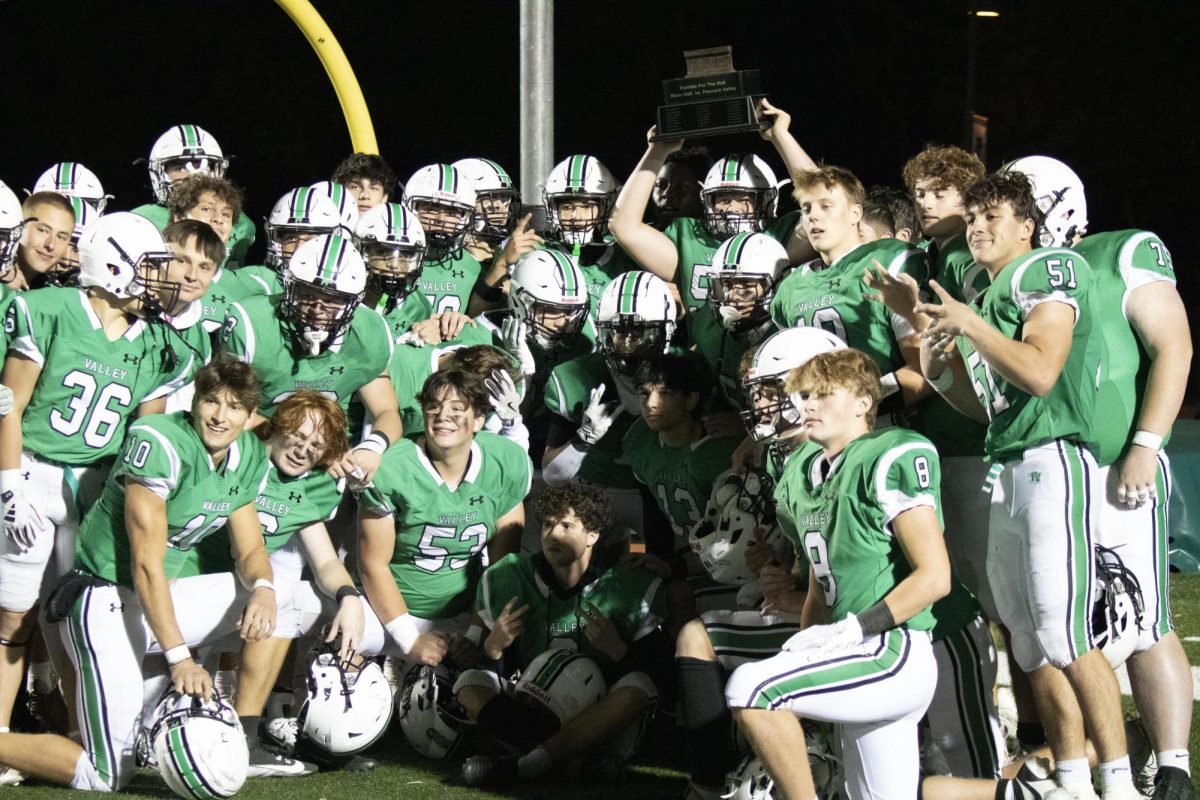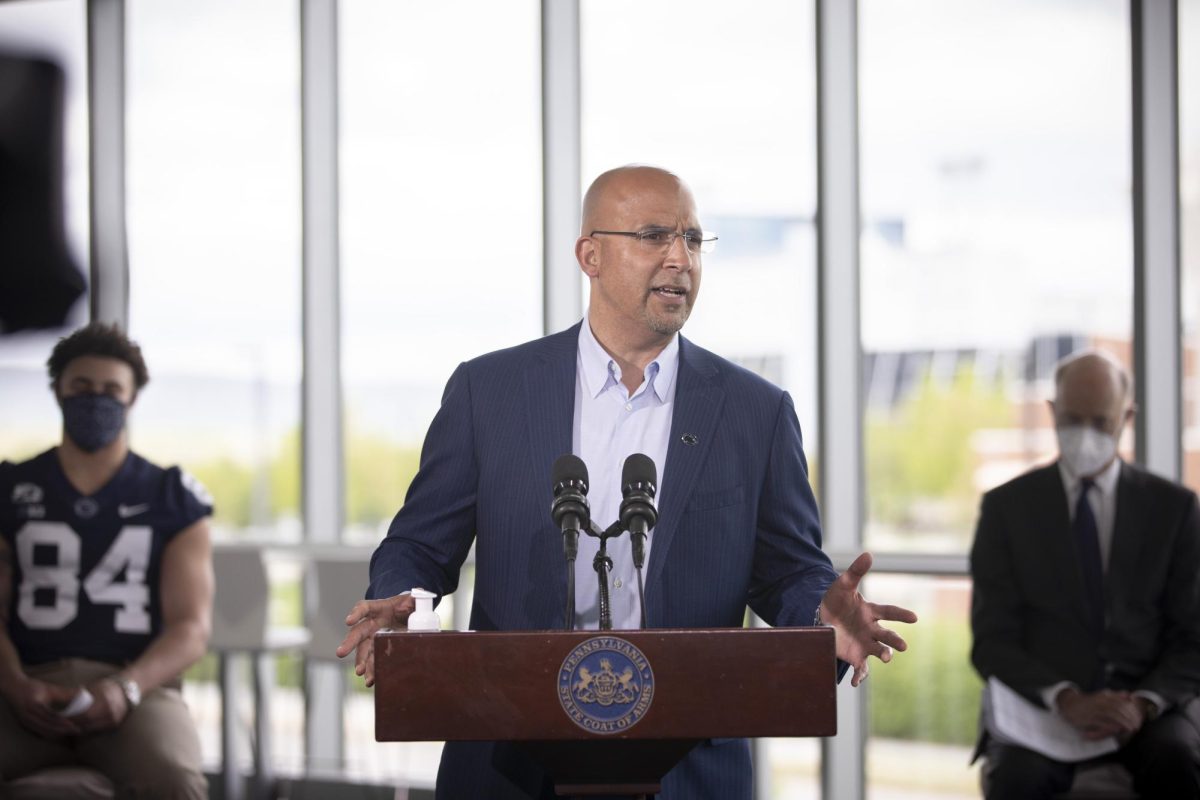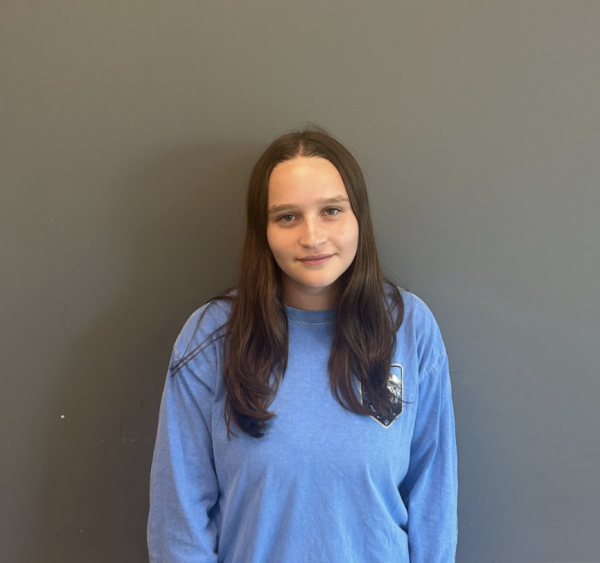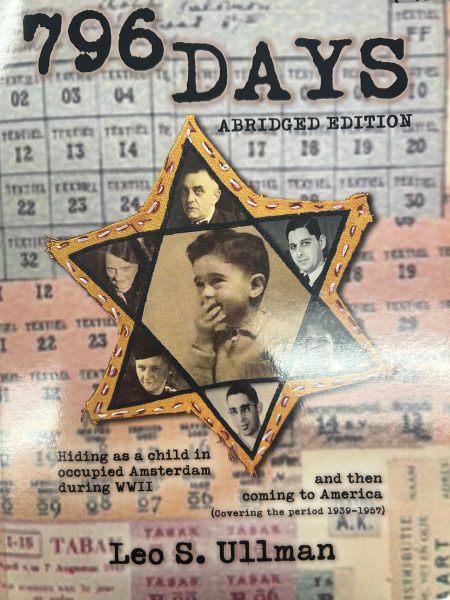
Leo Ullman, a Holocaust survivor and author of “796 Days,” spent almost two and a half years in hiding from the Nazis during World War II. On March 27, the Pascack Valley and Pascack Hills Literature of the Holocaust classes invited him to speak in the Valley auditorium.
He told his story to captivated students, staff, and parents from the community. Valley Echo’s Editor-in-Chief Gabrielle Rothenberg recounts his story below.
Early life
Before the war, Ullman’s parents, Frank and Emily, were well-off. His mother’s family was in the diamond industry, and his father worked in a department store in the Netherlands, where they lived.
Ullman was born in Amsterdam on July 14, 1939, making him one of the youngest Holocaust survivors in the world. His younger brother was born after the war’s end.
Hitler had said that he would not be attacking Holland, so Ullman’s parents initially believed that they were safe when the war started. However, on May 10, 1940, Hitler invaded Holland and bombed the city of Rotterdam on May 14.
The war begins
After the invasion of Holland, many Jews attempted to escape via boats to England, including the Ullmans. The docks were too crowded and the Ullmans couldn’t get on a boat to safety before the port was closed, leaving them stuck in the Netherlands. Hundreds of Jews who couldn’t escape committed suicide.
Hitler appointed an antisemite as Holland’s governor, and rules were put into place to monitor the Jewish people. Jews had special ID cards with the letter J on them. Jews over the age of six had to wear yellow Stars of David that said “Jude.” People could go to jail for consorting with Jews; Jews couldn’t go to public schools, restaurants, or regular stores, and they couldn’t use public phones or public transportation.
Shortly after, Ullman’s father was called to a work camp in Germany. When Ullman’s father saw the children, elderly, and sick being pushed into cattle cars for transport to the camps, he decided that it was a better choice for the family to go into hiding.
The Ullmans intended to rent an attic above a storefront as a hiding place, but they needed money. So, Ullman’s father sold rugs on consignment to a Muslim rug dealer. When Ullman’s aunt was sent to Auschwitz, the Ullmans knew they could no longer save up money and had to go into hiding immediately. When Ullman’s father told the rug dealer he would be leaving, the rug dealer gave him a prayer rug and said, “I know you worship a different God…[but] Allah will save you.” To this day, Ullman has the rug and showed it to everyone in attendance.
Ullman enters hiding
Ullman couldn’t hide with his family because he was so young and would require too much attention and make too much noise. So, Ullman’s mother contacted her sorority sister, who had connections to the Resistance. The Resistance placed Ullman with a young couple in a suburb outside of Amsterdam who didn’t know his name or where he came from, just that he was a Jew in need of help.
However, after Ullman’s arrival, the couple divorced and Ullman was sent to an orphanage. Luckily, not long after being in the orphanage, Oma and Opa Schimmel – the parents of the young man who had previously taken Ullman in – picked Ullman up and took him in as their “grandson,” dying his hair blonde and giving him a fake name so he would blend in with the non-Jews.
At the Schimmel’s, Ullman shared a room with Oma and Opa’s daughter, Tilly. He spent 796 days hiding and becoming a part of the Schimmel family.
Ullman considers Oma and Opa his war parents and remained close with the Schimmel family even after the war’s end.
The war ends
On May 5, 1945, the Allies forced the Nazis to surrender in Holland, marking the end of the war for the Ullman family.
The Dutch took to the streets wearing orange, symbolizing the royal house of the Netherlands, to celebrate their liberation by the Canadian Maple Leaf Brigade.
Not long after, Ullman’s biological parents showed up on the Schimmels’ door; Ullman was five years old. Ullman believes that his parents appeared to weigh around 75 pounds each, and that his father had giant feet (edema) because he never left the attic.
Ullman remembers that his parents had been saving a can of baked beans to open on the day the war ended, and they were reunited with their son. He also recalls saying that he hated baked beans and refusing to eat them after his parents opened the can in celebration.
The young boy was surprised to find out that everyone on the Schimmel’s block and in their building knew that he was a Jew, and that none of them had betrayed him for monetary compensation.
Ullman ultimately left the Schimmels to live with his biological family, but he was given his war parents’ dog as a way to keep his close connection with the family.
When the war ended, only around 10 percent of the original 145,000 Jews in the Netherlands had survived. Many of the Ullmans’ friends had died, the economy was poor, and they simply couldn’t go back to their normal lives. So, they moved to the United States, where they had family and settled in Port Washington, Long Island.
Life in America
Ullman began attending a private school across the street from his house, but when his parents were told about public school, he switched schools. At school, Ullman was determined not to be seen as different.
Ullman continuously got into trouble at school, so his parents sent him to Andover, a private school that Ullman is eternally grateful he got to attend.
After graduating from Andover, Ullman attended Harvard University, where he was the goalie for the lacrosse team, and graduated after three and a half years. He later attended Columbia University and received his J.D. and M.B.A.. He also spent five and a half years in the Marines and Marines Reserves.
Ullman became an entrepreneur and married his wife, Kay Ullman, whom he met in seventh grade. He has completed three Iron Man races and 145 triathlons and has a large collection of Nolan Ryan memorabilia.
After all this time, Ullman still remembers his mother seeing New York for the first time and saying, “We beat Hitler.”


